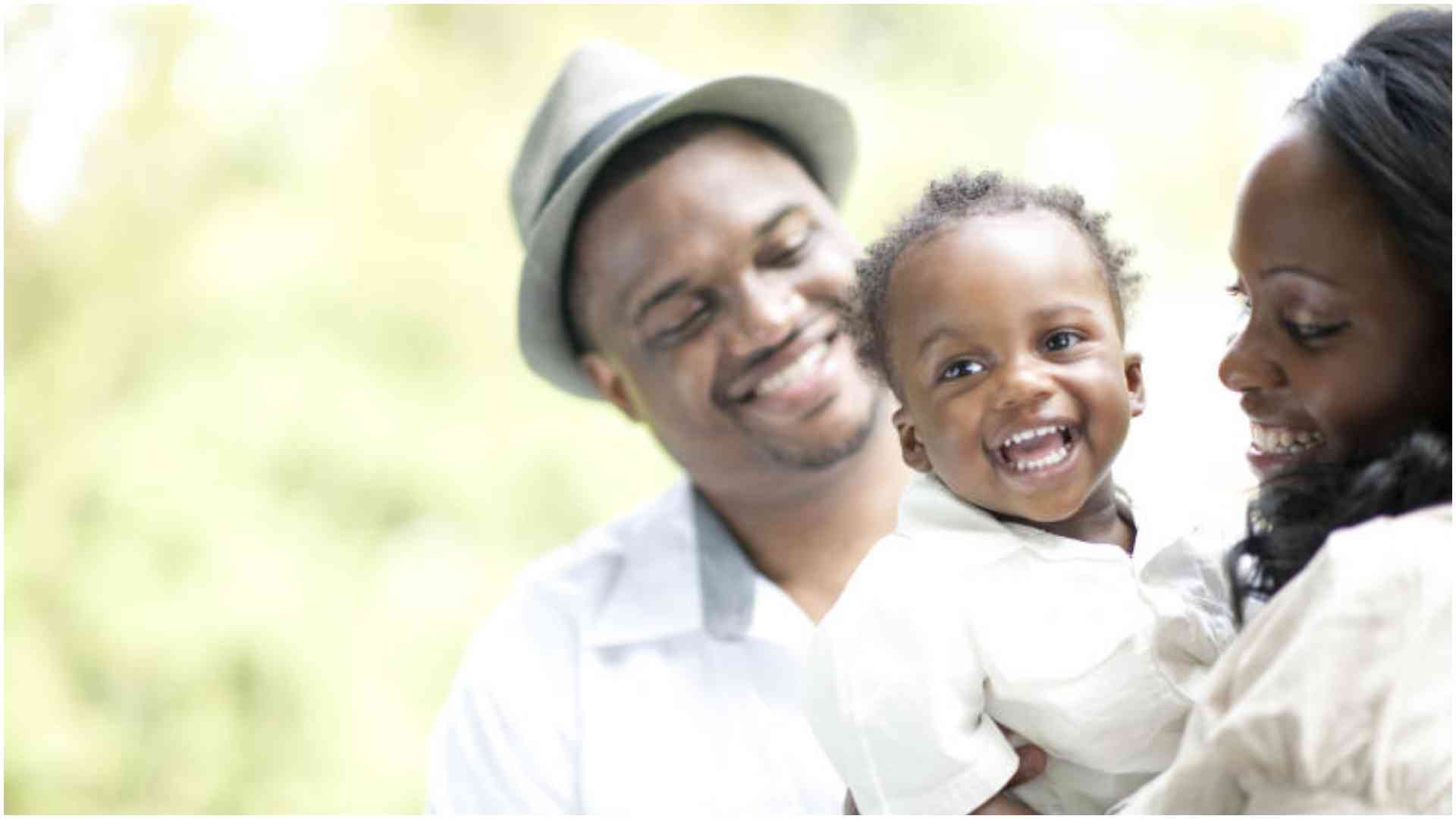
Meningitis is an inflammation of the lining around the brain and spinal cord and can be caused by different organisms, including bacteria and viruses.
There are an estimated 1,870 cases of meningitis B in the UK each year. Although the disease can affect anyone of any age, it is most common in children under five, especially babies less than a year old.
As no vaccination gives 100 per cent protection and there are other strains of meningitis, parents of young babies and children still need to be vigilant.
It is recommend that if mums or dads notice any of the signs below they should seek medical attention urgently.
These symptoms might appear in any order, or not at all:
1 Pale, blotchy skin with a red rash that does not fade if you roll a glass over it
2 Feeling agitated and not wanting to be picked up
3 High fever with cold hands and feet
4 Vomiting and refusing to feed
5 Rapid breathing or grunting
6 Becoming drowsy, floppy and unresponsive
7 Unusual high-pitched or moaning cry
8 Feeling of stiffness in their neck
9 Dislike of bright lights
How many types of meningitis are there?
There are many different types of meningits and five main “strains”, A, B, C, W and Y. About one in 10 cases is fatal. It can also lead to deafness, brain damage, epilepsy and blood poisoning.
 The Standard Group Plc is a multi-media organization with investments in media platforms spanning newspaper print
operations, television, radio broadcasting, digital and online services. The Standard Group is recognized as a
leading multi-media house in Kenya with a key influence in matters of national and international interest.
The Standard Group Plc is a multi-media organization with investments in media platforms spanning newspaper print
operations, television, radio broadcasting, digital and online services. The Standard Group is recognized as a
leading multi-media house in Kenya with a key influence in matters of national and international interest.










